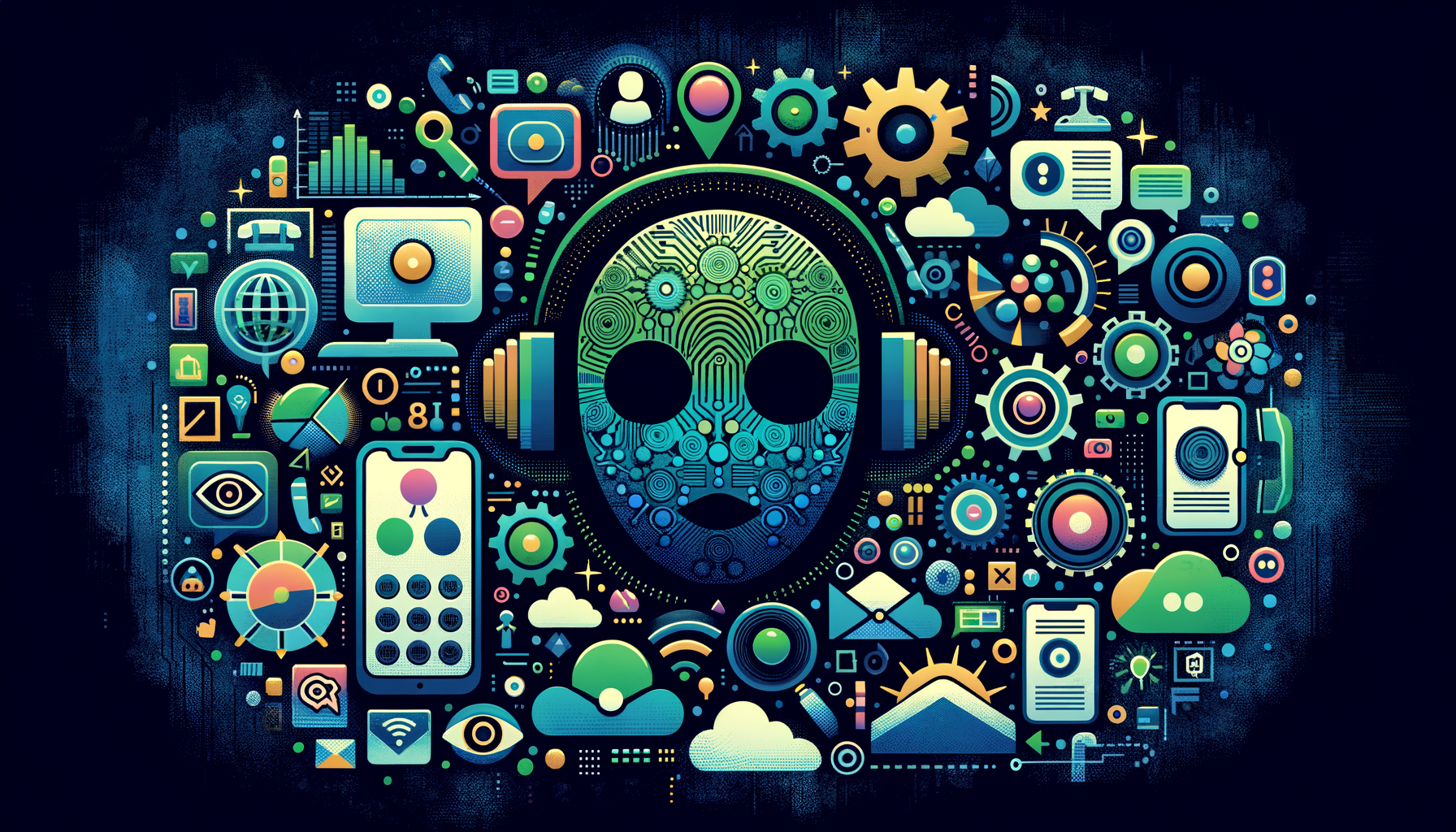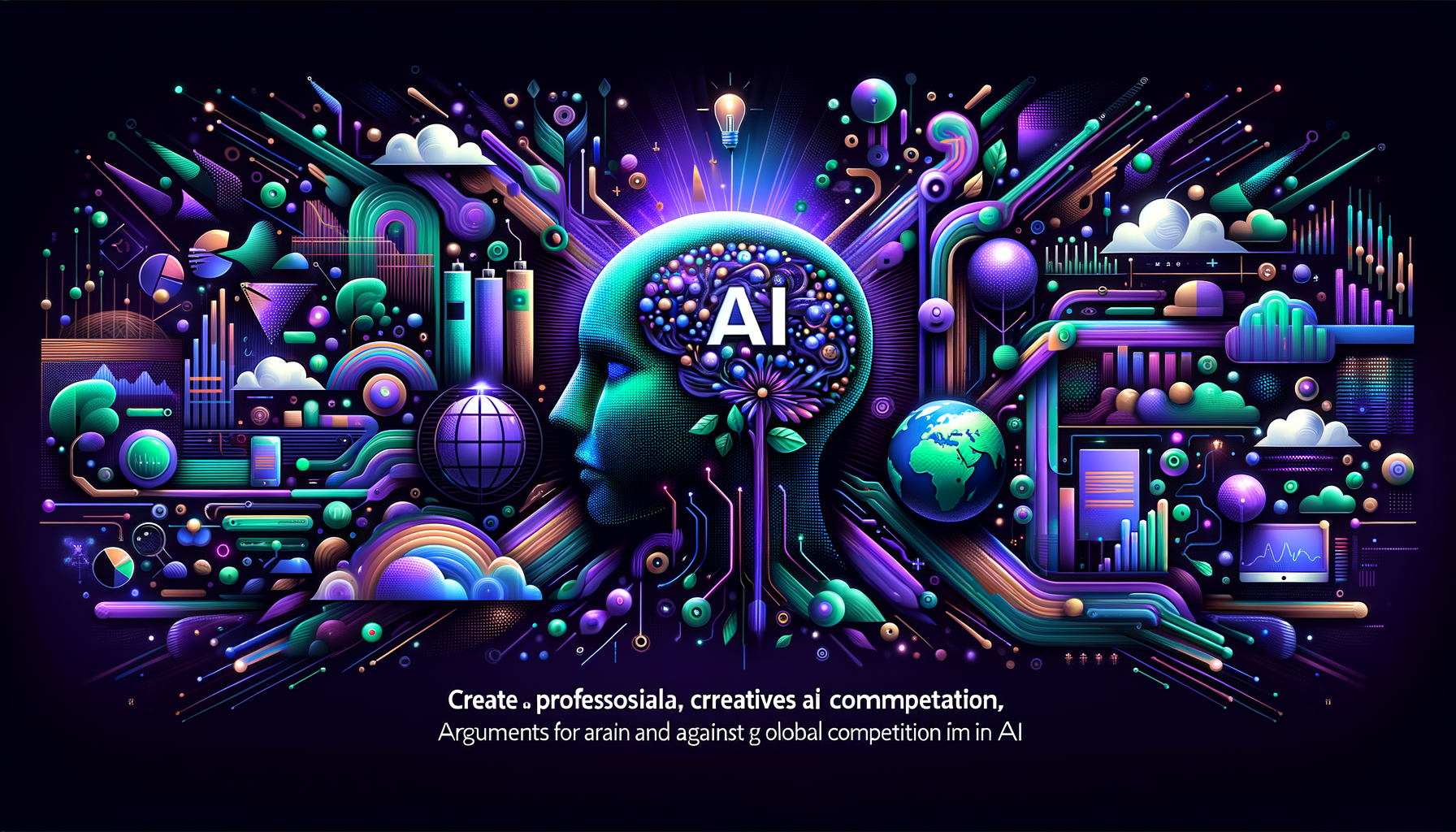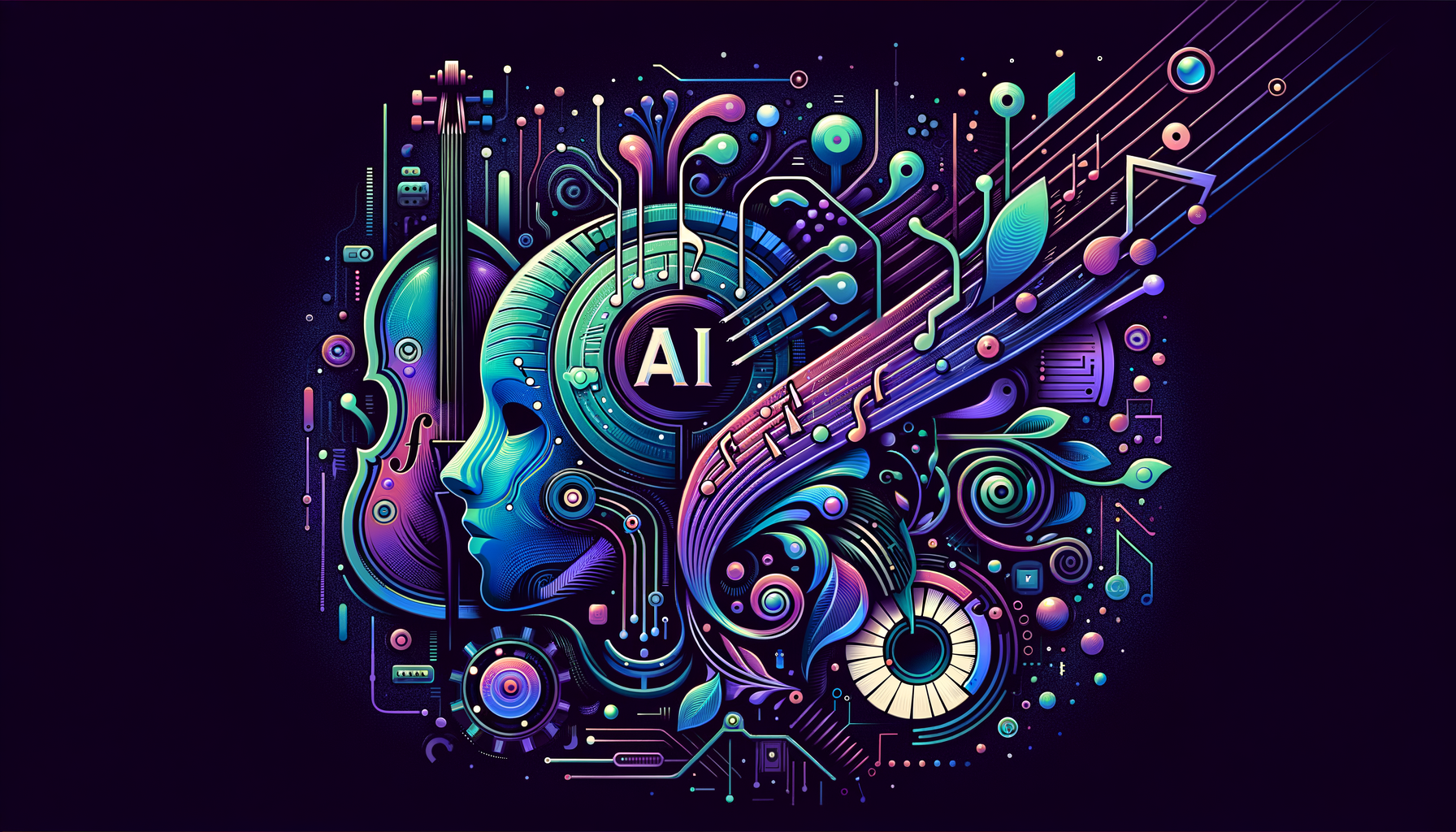The Rise of AI-Generated Voices in Robocalls: A Cybersecurity Perspective
With rapid technological advancement, notably in artificial intelligence (AI), our lives have been significantly transformed. However, alongside the benefits, AI also presents certain challenges. Cybersecurity, which forms one of Hodeitek’s core services, is substantially impacted by this progress. One case in point is the increasing use of AI-generated voices in robocalls, a controversial maturation of technology with implications for individual privacy and telecommunications regulation.
Understanding AI-Generated Voices in Robocalls
A recent article from Wired highlights an emerging technology trend: The use of AI-generated voices in robocalls. This development amplifies the capabilities—and potential harms—of these automated messages. What distinguishes AI-generated robocalls from regular ones is the sophistication of their voice technology. These systems leverage machine learning algorithms to mimic human speech patterns with nearly indistinguishable realism, capable of interacting with recipients in real-time.
The Legal and Ethical Questions
The usage of AI voices in robocalls raises significant legal and ethical issues. Consumers often feel violated when they receive unsolicited calls, and the AI voice’s convincing humanlike quality could further invade their privacy. Therefore, regulatory bodies like the Federal Communications Commission (FCC) classify such AI-generated robocalls as illegal, unless the receiver gives explicit consent.
The Cybersecurity Angle
Robocalls are not just a nuisance or a privacy issue; there is an undeniable cybersecurity dimension to them. When robocalls infiltrate personal communication channels, they potentially expose sensitive personal data. This concern is heightened with AI-generated voices, as precision voice imitation increases the risk of fraud and scams.
Deepfakes in AI Voice Technology
Deepfakes, synthetic media in which a person’s likeness is used to create a convincingly real representation, have expanded from video to audio. Sophisticated AI voice generators can generate voice deepfakes that imitate individuals’ voices, potentially causing misinformation and manipulation. In the hands of unethical agents, these technologies can cause significant harm, making cybersecurity measures of paramount importance.
The European and US Regulatory Landscape
In both the US and the European Union (EU), regulations are in place to protect consumers from unsolicited robocalls. However, the rise of AI-generated voices necessitates further legislative consideration.
The US Regulatory Landscape
In the United States, the FCC’s Telephone Consumer Protection Act (TCPA) offers protections against unsolicited calls. The evolution of AI in voice technology has led the FCC to take a firm stance, declaring such AI-generated robocalls illegal without the recipient’s consent.
The European Regulatory Landscape
In the European Union, the General Data Protection Regulation (GDPR) provides for the protection of personal data. Under the GDPR, individuals have the right to be informed about the collection and use of their personal data, implying that unsolicited robocalls infringe on these rights. Therefore, AI-generated robocalls would also be deemed illegal under the GDPR, unless explicit consent has been given.
A Call for Cybersecurity
The advent of technologies such as AI-generated voices makes consumer protection and cybersecurity more urgent than ever. The potential for abuse and exploitation of this technology underscores the necessity for robust data protection and cybersecurity measures.
Hodeitek’s Role in Enhancing Cybersecurity
As an expert in cybersecurity, Hodeitek offers comprehensive services to tackle the new and continuing threats posed by technological advancements. With a strong focus on data protection, network security and security consultancy, Hodeitek helps organizations navigate the complex challenges of the digital era, understanding the risks associated with technologies like AI-generated voices and providing effective solutions.
Final Thoughts
The rise of AI-generated voices in robocalls is an indication of the pace at which technology is advancing. While its impact on data privacy and cybersecurity cannot be overstated, well-implemented legislative measures, coupled with effective cybersecurity solutions, such as those offered by Hodeitek, can play a crucial role in protecting individuals and organizations.






